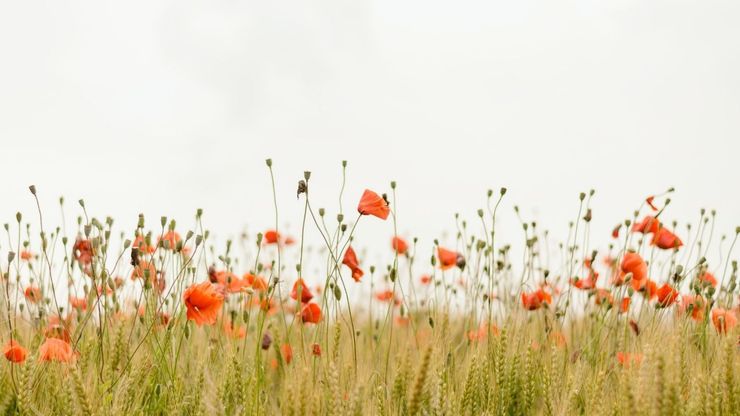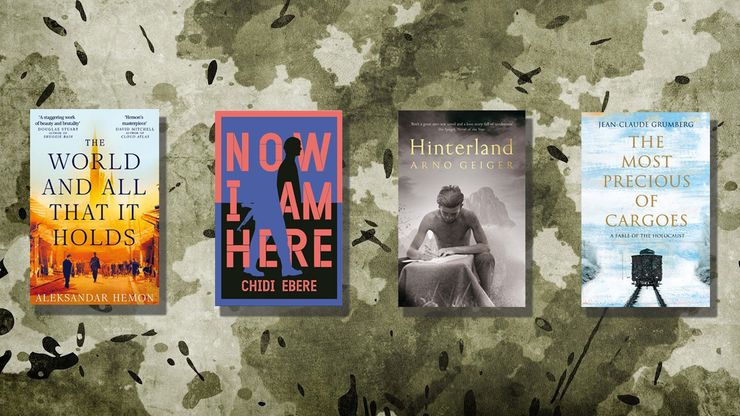War poem: 'To Germany' by Charles Sorley
I'd never come across the poet Charles Sorley before readingSome Desperate Glory: The First World War the Poets Knewby Max Egremont. He studied in Germany before the outbreak of the First World War and, upon returning to England, joined the Suffolk regiment...

I'd never come across the poet Charles Sorley before reading Some Desperate Glory: The First World War the Poets Knew by Max Egremont. Sorley spent six months in Germany before the outbreak of the First World War and, upon being sent back to England in August 1914, joined the Suffolk regiment. Egremont writes:
‘Bored by training, Sorley affected not to mind who won the war as long as it ended quite soon; in fact ‘for the joke of seeing an obviously just cause defeated, I hope Germany will win’. The enemy was much in his thoughts. He recalled the unashamed intellectual interest he had met in Jena, an aspect of Germany’s spiritual superiority, even if the Germans had no insight into the minds of those who differed from them. His letters broke into German, to remind himself of the language’s beauty.’
Like the Christmas Truce of 1914, Sorley’s sonnet ‘To Germany’ reminds us of our humanity in the face of war. Germans and British are one and the same; we all ‘stumble and we do not understand.’
To Germany
You are blind like us. Your hurt no man designed,
And no man claimed the conquest of your land.
But gropers both through fields of thought confined
We stumble and we do not understand.
You only saw your future bigly planned,
And we, the tapering paths of our own mind,
And in each other’s dearest ways we stand,
And hiss and hate. And the blind fight the blind.
When it is peace, then we may view again
With new-won eyes each other’s truer form
And wonder. Grown more loving-kind and warm
We’ll grasp firm hands and laugh at the old pain,
When it is peace. But until peace, the storm
The darkness and the thunder and the rain.
by Charles Sorley
Sorley was killed at the Battle of Loos on 13 October 1915.
Photograph © 1banaan / flickr.com


